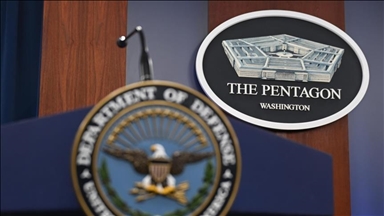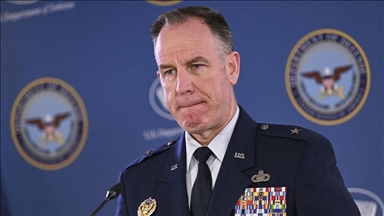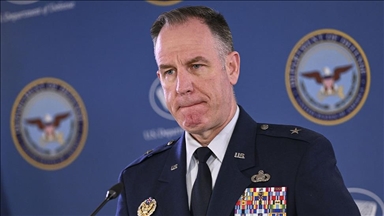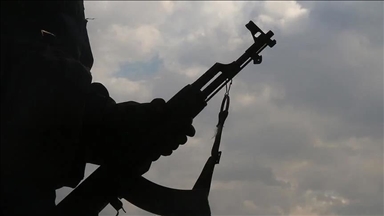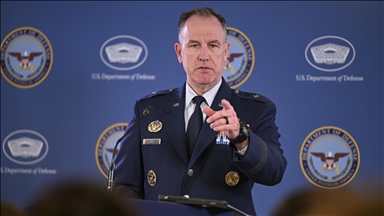US to 'pause' train and equip program for Syrian rebels
'Select group’ of leaders fighting Daesh to be supplied with weapons, equipment says Pentagon
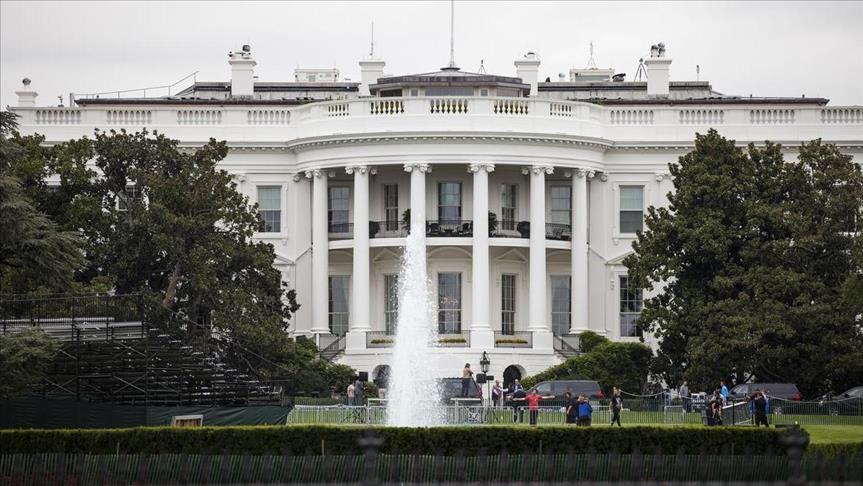
WASHINGTON
A program to train and equip Syrian rebels to fight Daesh will be “paused” but not end, U.S. officials said Friday.
A senior White House official left the door open for a restart at a later date.
"In terms of the program we originally conceived we're going to pause that for now," said the official who wished to remain anonymous. "We've had some significant challenges, so we're going to pause the training we've been doing where we've recruited specific individual fighters, but there may be opportunity in the future where situations on the ground are more fruitful."
Earlier Friday, the Pentagon said it has been reviewing the progress of the program since its inception and worked on how the program could be improved.
"Building on that progress, Secretary of Defense Ash Carter is now directing the Department of Defense to provide equipment packages and weapons to a select group of vetted leaders and their units so that over time they can make a concerted push into territory still controlled by ISIL," said Pentagon spokesman Peter Cook.
"This focus on equipping and enabling will allow us to reinforce the progress already made in countering ISIL in Syria."
In the same statement, Carter said he remained "convinced that a lasting defeat of ISIL in Syria will depend in part on the success of local, motivated, and capable ground forces".
The White House believes that providing weapons and equipment packages to a select rebel group of vetted leaders and their units would be more efficient for the anti-Daesh campaign, according to the official.
In making the decision, the U.S. drew on the examples of Kobane and Tel Abyad where coalition forces and with Syrian rebels worked together to successfully clean those areas of Daesh militants.
The official said the White House is confident about some of the groups already fighting Daesh in northern Syria, and added that the coalition wanted to strengthen the deployment of these groups in Syria.
"What we want to do coming out of this review is to build on that and work with groups on the ground who are already fighting ISIL and provide them some equipment to make them more effective, in combination with our airstrikes," said the official.
"We will be taking some of the leaders of these groups who are already fighting on the ground, putting them through the same very rigorous vetting process that we had used in the original program, and then giving basic equipment packages to distribute to their fighting force, again to help enable their offensive operations."
The official said the coalition could at a later date decide to provide heavier weapons to some groups if more confidence was built toward those groups.
The official also said Turkey - one of the hosting countries for the program’s training sites - is a critical partner in the anti-Daesh campaign, adding that the pausing of the program was also discussed with Turkey.
"We're extremely closely (sic) with Turkey throughout this process. And Kobani, which I mentioned earlier, could not have actually happened without Turkey," the official said.
The $500 million train-and-equip program was jointly organized by the U.S. and coalition partners,
As of May 30, the U.S. has spent $41.8 million as to fund the training of Syrian opposition fighters, according to the Pentagon.
But the efficiency and efficacy of the program that has trained less than 100 Syrian rebels at sites in Turkey and Jordan, has been vigorously debated since it began last year.
High profile setbacks, including reports of rebels defecting or disappearing; and of fighters who graduated from the program handing over their equipment to other opposition groups, have not helped to build confidence for a successful outcome.
The program has been criticized not only by the Republican-controlled Congress - who claimed that it was inadequate and likely to fail, but also by the Pentagon.
"We've been candid that the initial phase of this program did not lift off with the kind of efficiency that we'd hoped," Cook said last month.
Anadolu Agency website contains only a portion of the news stories offered to subscribers in the AA News Broadcasting System (HAS), and in summarized form. Please contact us for subscription options.


